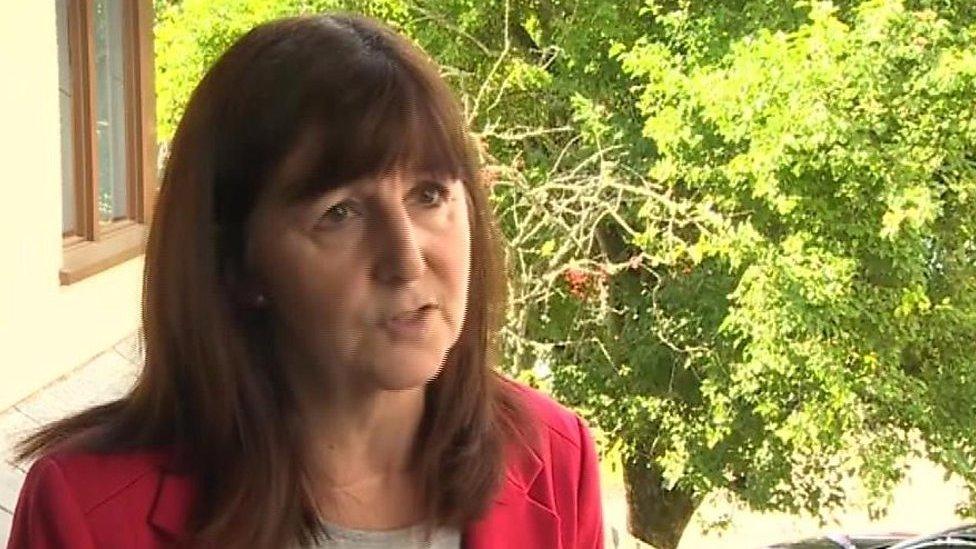Brexit: Ministers warned not to treat repeal bill as 'blank cheque'
- Published
- comments
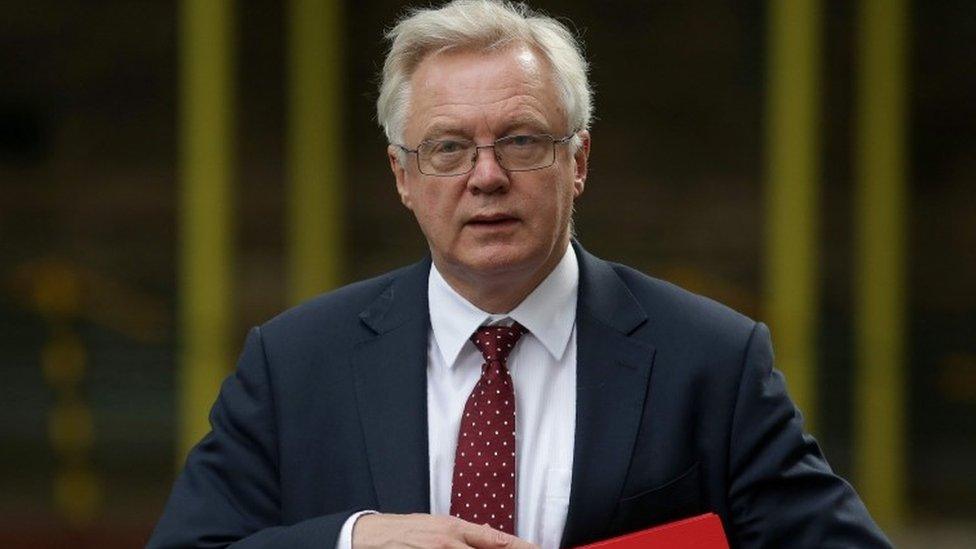
Ministers are being urged to put extra checks in place to limit "sweeping powers" included in the EU Withdrawal Bill.
The bill aims to repeal the European Communities Act and convert EU law into UK law.
It also enables the government to make changes further down the line without presenting new legislation to Parliament - known as "delegated powers".
Labour's Hilary Benn, chairman of the Brexit select committee, suggested this could amount to "a blank legislative cheque".
But the government insists the delegated powers will be used to make "technical corrections" and there are already restrictions in place.
Delegated powers are a common feature of legislation, but a government can run into trouble if it's seen to be using them inappropriately - as happened with the tax credits row of 2015.
What are delegated powers?
Acts of Parliament often give ministers powers to make law themselves rather than putting an entirely new law through Parliament
These are called "delegated powers" as Parliament is delegating some of its authority to make law to someone else
Acts are known as "primary legislation", while orders and regulations made by ministers are known as "delegated" or "secondary legislation"
These orders and regulations are usually made as statutory instruments (SIs)
They are generally subject to negative procedure - where instruments become law without a debate or vote in Parliament - or affirmative procedure, meaning they have to be approved by both Houses in a vote
So-called "Henry VIII powers" enable primary legislation to be amended by secondary legislation with or without further parliamentary scrutiny;
The delegated powers set out in the EU Withdrawal Bill are broad for two reasons - first, they will be used to tackle what a memorandum on the bill, external describes as "thousands of failures and deficiencies" as EU law is transposed into UK law.
Secondly, the bill has to give ministers the power to act in areas where government policy is not yet known, since many aspects of Brexit are yet to be decided and will hinge on the outcome of negotiations.
What could it mean in practice?
To take one example, at present, a piece of EU law called Nutrition and Health Claims Regulation covers every commercial communication made by food and drink companies to consumers across the EU.
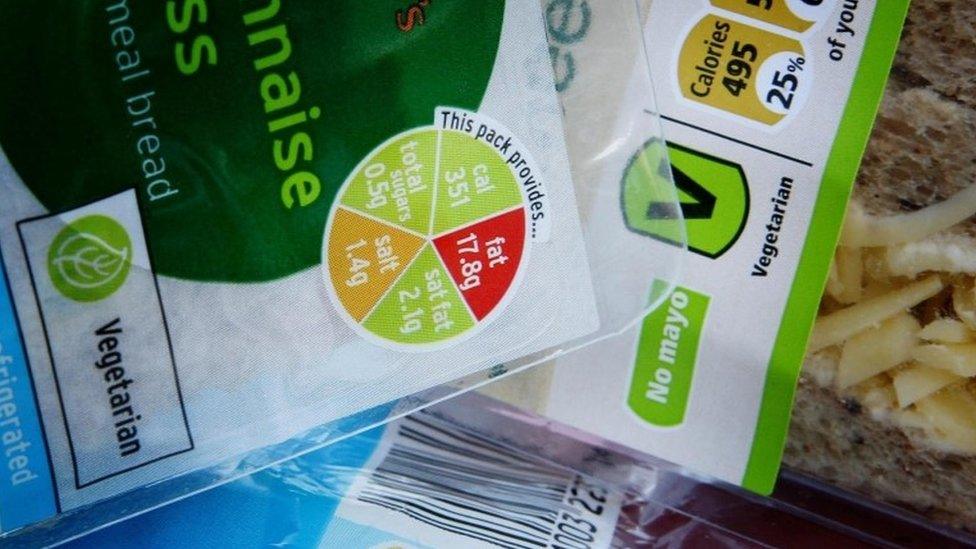
Food labelling is just one bit of regulation that will be need to written into UK law
The law will need amending via delegated legislation since it requires the European Food Safety Authority (EFSA) to give expert advice and the European Commission to translate advice into law.
According to Sam Blainey from the Whitehouse Consultancy, which represents food manufacturers, there are two problems with this.
"In the short term, it's doubtful [UK food safety watchdog] the FSA will have the resources to support its new role - the longer-term issue is divergence between EU and UK regulation and how businesses manage to make sure their products comply with both."
Food labelling is just one area that will require delegated legislation, but there are many others, including environmental protections and regulation of the nuclear industry.
'Undermining sovereignty'
The breadth and volume of delegated legislation involved has led to calls for a strengthened scrutiny procedure - which usually takes the form of one or more dedicated committees.
Alexandra Runswick, director of the Unlock Democracy campaign for political reform, said: "Within the Repeal Bill are sweeping delegated powers that are not subject to the robust parliamentary scrutiny that we expect in a modern democracy."
She said MPs should get to decide what level of scrutiny different powers need, as "without this there is a very real danger that Brexit undermines parliamentary sovereignty rather than strengthening it as we were promised".
Hilary Benn, Labour chair of the Brexit Select Committee, said: "I don't think Parliament should give ministers a blank legislative cheque."
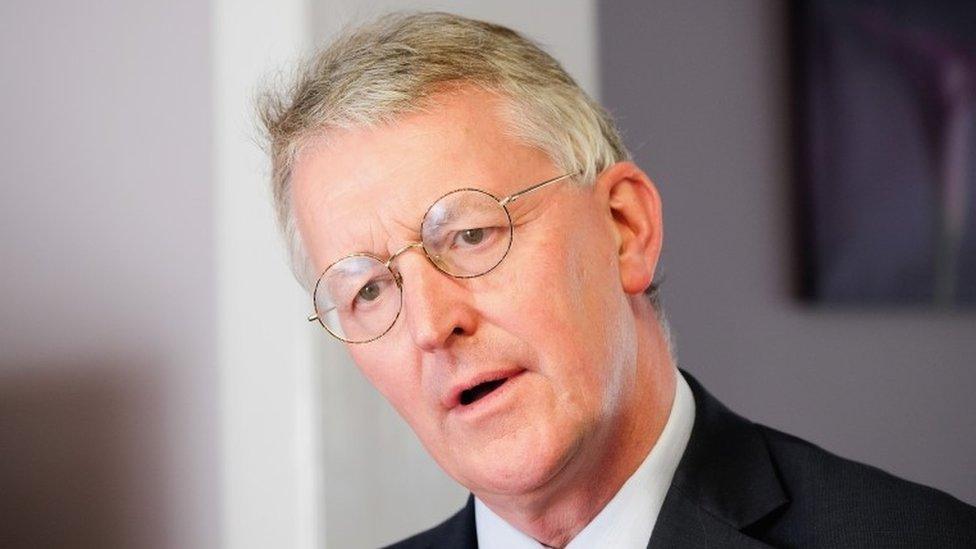
Labour's Hilary Benn is calling for full scrutiny
He told the BBC he saw a need for enhanced checks on the bill as it goes through Parliament, saying: "I want to see significant changes to the bill to ensure there is full and proper scrutiny."
Tom Brake, the Lib Dems' spokesman, said: "The government intends ramming through swathes of ill-thought-through legislation, including the creation of new agencies, with little or absolutely no parliamentary scrutiny."
Adam Tucker, lecturer in public law at Liverpool University, put it this way: "We are already on a legitimacy precipice because of the inadequate scrutiny of delegated legislation.
"The explosion in delegated legislation which Brexit could entail will push us over the edge."
Late-night sittings?
Further doubts have been raised over whether Parliament has the time and resources to give these delegated powers the necessary oversight.

Carl Gardner, a former government lawyer, told the BBC that ministers are facing "a massive task it's almost impossible to prepare for".
He added: "People in Whitehall may already have an idea of deficiencies [which need to be addressed through delegated legislation] but this is the tip of the iceberg.
"I doubt they've got much time to work on draft regulations at the Department for Exiting the EU."
Joel Blackwell, a senior researcher at the Hansard Society, warned that there is a "unique volume" of work associated with the bill.
He pointed out there could be 800 to 1,000 statutory instruments arising from the bill and when it comes to scrutinising them, "we just don't know how government intends to proceed".

The government is expected to use powers known as Henry VIII clauses
A parliamentary source spoke in detail to the BBC about the sheer amount of work involved and ongoing uncertainty over how it would be managed.
He raised the possibility of late-night sittings to meet the March 2019 deadline, particularly if relations between government and opposition deteriorate.
What is the government saying?
The government has tried to provide assurance that these delegated powers will not be excessive or inappropriate with a number of measures:
The bill specifies delegated powers may not be used to impose taxes, create a criminal offence, or repeal the Human Rights Act 1998
Most of the delegated legislation will be subject to the affirmative procedure - although some, including the power to modify exit fees, will not be
A "sunset clause" means powers delegated in the bill expire two years after the UK leaves the EU.

"Sunset clauses" have been included in the bill, meaning the delegated powers expire two years after Brexit
A government spokesman said: "We will need to make technical corrections to laws that would no longer work after we leave.
"The need for these powers has been widely recognised, including by the House of Lords Constitution Committee and we have placed a number of limitations and restrictions on the powers, as recommended by the committee."
Senior Conservative and Brexit supporter John Redwood dismissed fears about the bill, saying ministers have made it "crystal clear" that secondary legislation will only be used to "tidy up".
He described the criticism as "synthetic and feeble" and urged the bill's detractors to "calm down".
Whether the delegated powers in the bill are given a calm passage or a rocky road - we'll soon find out. The EU Withdrawal Bill returns to the Commons on 7 September and will dominate the legislative agenda for months to come.
- Published13 November 2017
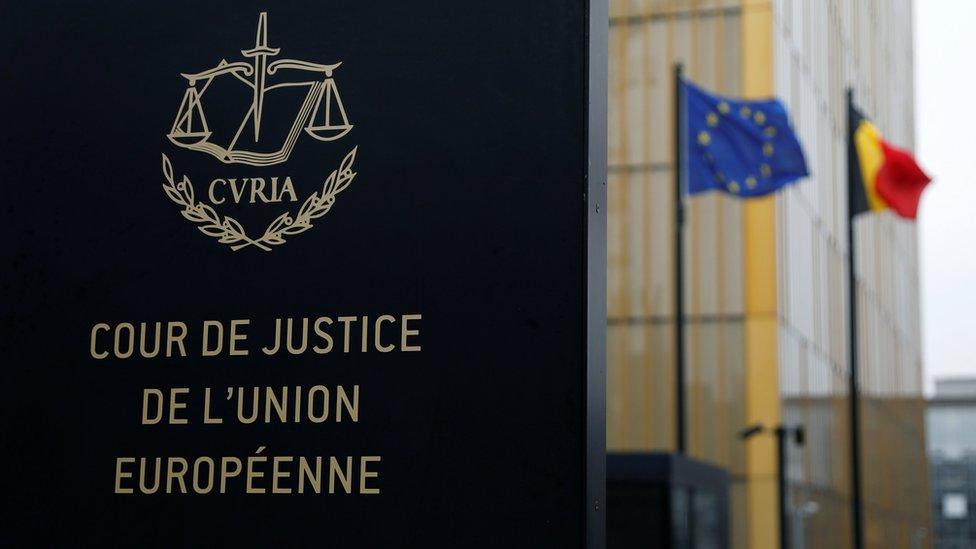
- Published7 July 2017
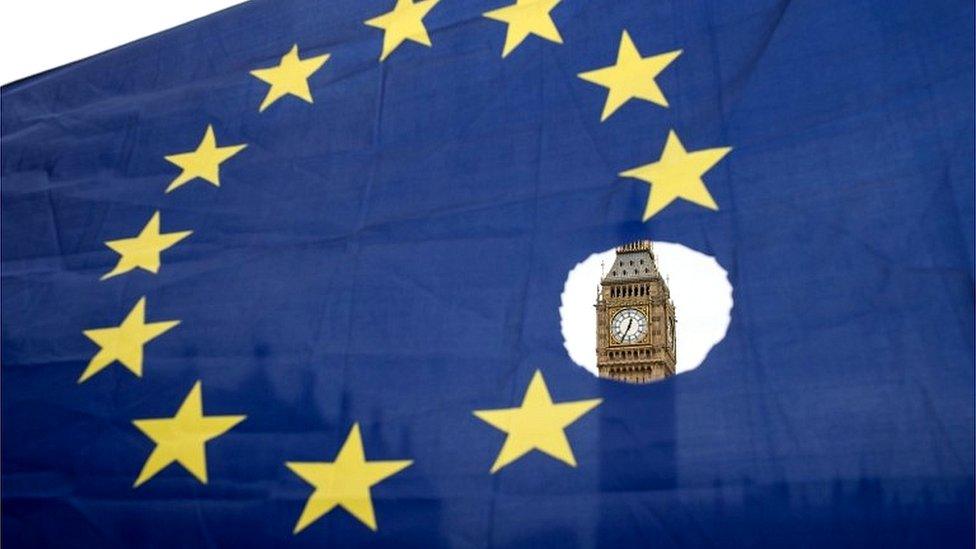
- Published30 March 2017
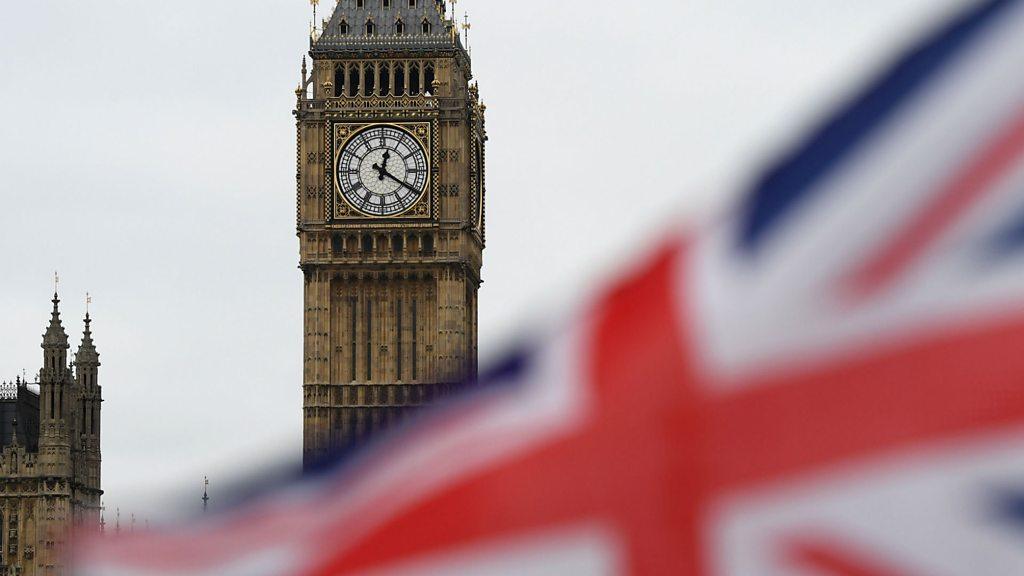
- Published24 July 2017
